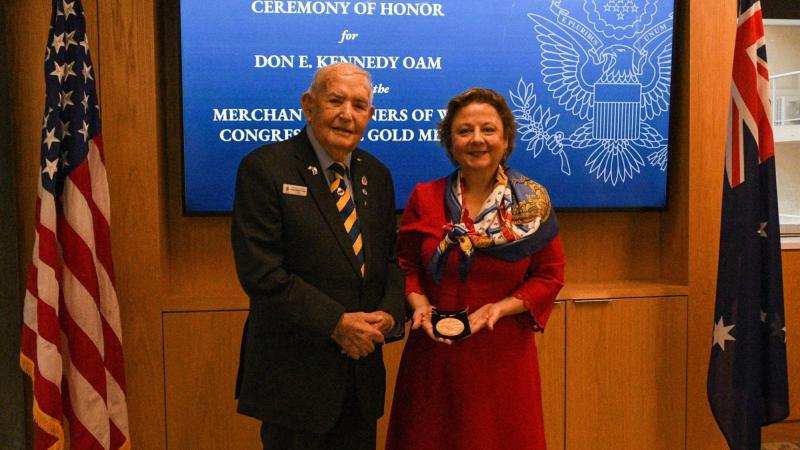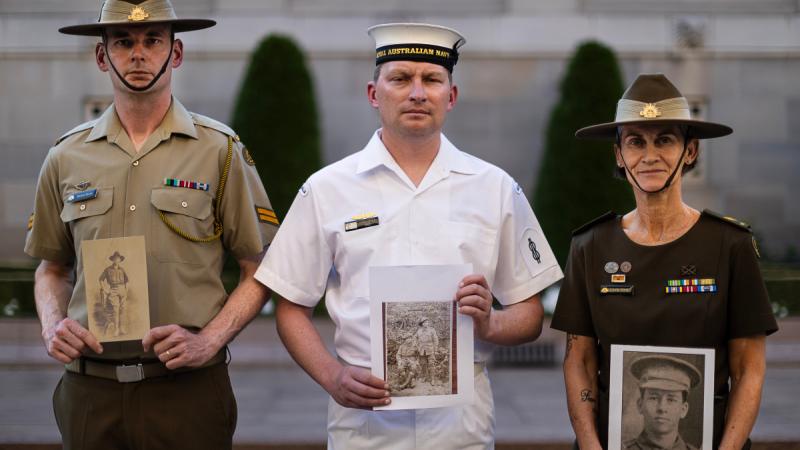While smoking-related head and neck cancers are declining in the U.S., human papillomavirus (HPV)-related oropharyngeal, or throat, cancer is on the rise. In fact, oropharyngeal cancer has passed cervical cancer as the leading HPV-related cancer in the country. Baylor College of Medicine is recruiting participants for a screening trial aimed at early detection of HPV-related throat cancer, with the goal of improving the likelihood of cure.
More than 80% of oropharyngeal cancer patients have metastatic cancer by the time they are diagnosed and require advanced treatment. The combination of surgery, radiation and chemotherapy can leave patients with significant side effects like pain, dry mouth, altered taste and difficulty swallowing. Early detection has the potential to reduce treatment toxicity and improve chances of achieving a cure.
The TRINITY (Throat and other HPV-Related cancers IN men: Identifying Them earlY) screening trial is being conducted at Baylor College of Medicine in Houston and the University of Texas Southwestern Medical Center in Dallas. The trial will enroll 1,500 men, ages 50 to 64, without a history of head and neck cancer or HPV-related cancer. Participants will be screened for HPV biomarkers through a blood test and oral rinse. Selected individuals will receive in-person throat examinations, including oropharyngeal swab tests and ultrasound imaging. If the participant tests positive, he will be given the opportunity to be screened for oropharynx, anal and/or penile cancer.
“The Pap smear revolutionized the role of OB/GYN physicians in cervical cancer prevention,” said Dr. Erich Sturgis, professor and vice chair of clinical affairs in the Bobby R. Alford Department of Otolaryngology – Head and Neck Surgery and Brown Foundation Endowed Chair at Baylor. “A routine early detection test for HPV-related oropharyngeal cancer, or at least a biomarker to identify those at high risk, could revolutionize our specialty and disrupt worrisome trends in cancer incidence and mortality, as well as the devastating effects of cancer treatment on this growing population.” Sturgis is also director of the Head, Neck and Thyroid Cancer Multidisciplinary Program at the Dan L Duncan Comprehensive Cancer Center at Baylor St. Luke’s Medical Center.
The TRINITY trial is funded in part by the Cancer Prevention and Research Institute of Texas (CPRIT).








